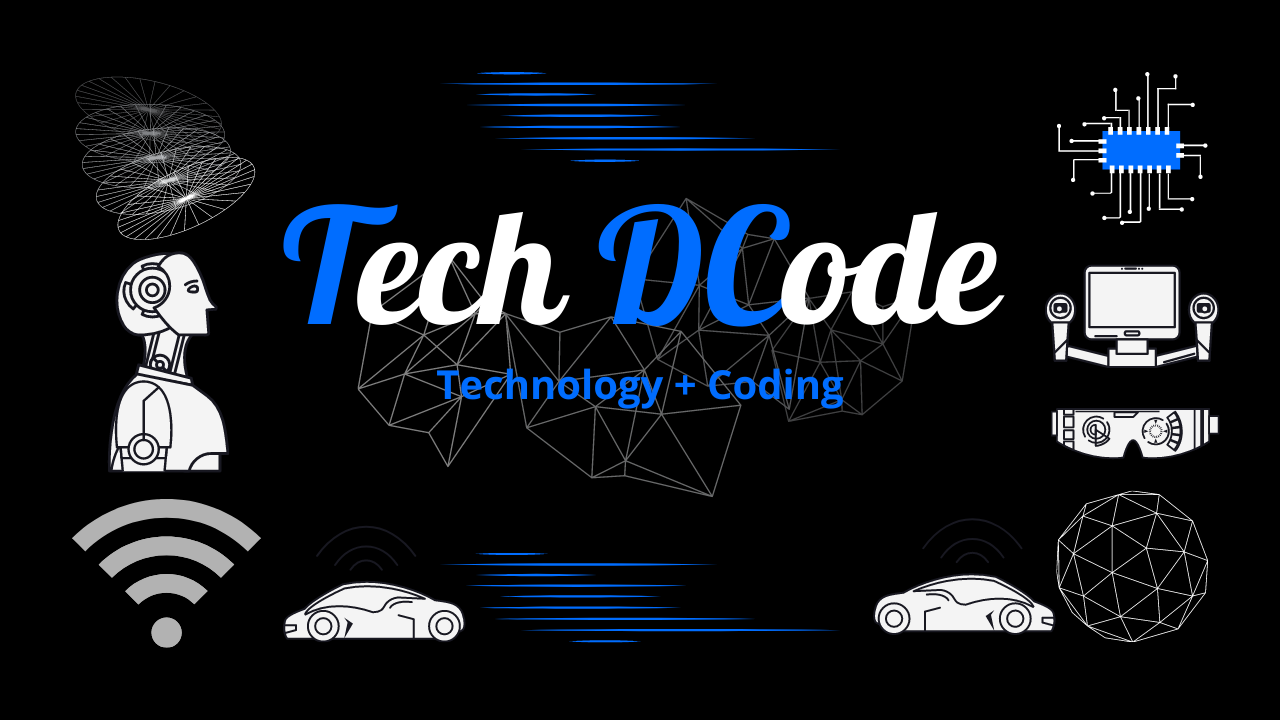Concepts of OOPs in C++
Concepts of OOPs in C++
There are some basic concepts of OOPs :
- Class
- Object
- Encapsulation
- Abstraction
- Polymorphism
- Inheritance
- Dynamic Binding
- Message Passing
CLASS
The building block of OPPs is a Class . A Class is a user defined data type , which hold its own data members and member functions , which can be accessed and used by by creating an instance of that class.
Class is also defined as tha collection of objects . Class is a passive object .
Class is also known as blueprint of object . Class is never exist in real world .
OBJECT
Any real world entity that has a state and behaviour is known as Object . An object is an instance of the class . Object is an active entity .
When a class is defined , no memory is allocated but when object is created , memory is allocated . Object take up space in memory and have an associated address .
ENCAPSULATION
Encapsulation is defined as wrapping up data and information into single unit .
In OPPs , Encapsulation is defined as binding together the data and the function that manipulate them. Encapsulation protects the internal state of an object by keeping its data member private .
ABSTRACTION
Abstraction refers to the act of representing essential features without including the background details . The non essential features are not displayed to the user .
Encapsulation may also defined as the process of identifying only the required characteristics of an objects ignoring the irrelevant details .
POLYMORPHISM
The word ‘Polymorphism ‘ means having many forms .
We can define polymorphism as the ability of a message to be displayed in more than one form . It is is one of the OOPs feature that allows us to perform a single action in different ways.
It exhibit different behaviour in different environment .
INHERITANCE
The capability of a class to derive properties and characteristics from another class is called inheritance .
In other word , Inheritance is the procedure in which one class inherit the properties and method of another class. Whose the properties and methods are inherited is known as ‘ Parent Class ‘ or ‘Base Class ‘ and the class that inherit the properties from the Parent Class is known as ‘Child Class’ .
DYNAMIC BINDING
Binding refers to the linking of a procedure call to the code to the executed in response to call .
Dynamic binding means the code associated with a given procedure call is not known until the time of the call at run time .
Object is not known until the time of runtime .
MESSAGE PASSING
An object oriented programming consist of a set of object that communicate with each other . Object communicate with one another by sending and receiving information to each other .
Object communicate with another object which exist in real world (run time object).
Message passing involves specifying the name of the object , the name of the function and the information to be sent .
Topics Covered
- oop concept
- opps concepts
- object oriented programming
- inheritance
- abstraction
- polymorphism
- encapsulation

Thanks for reading this blog. Hope you get satisfied with the blog and definitely this blog must have valued your time and effort of reading.
Take a time to connect our other digital creations such as Instagram , Facebook and Youtube.















